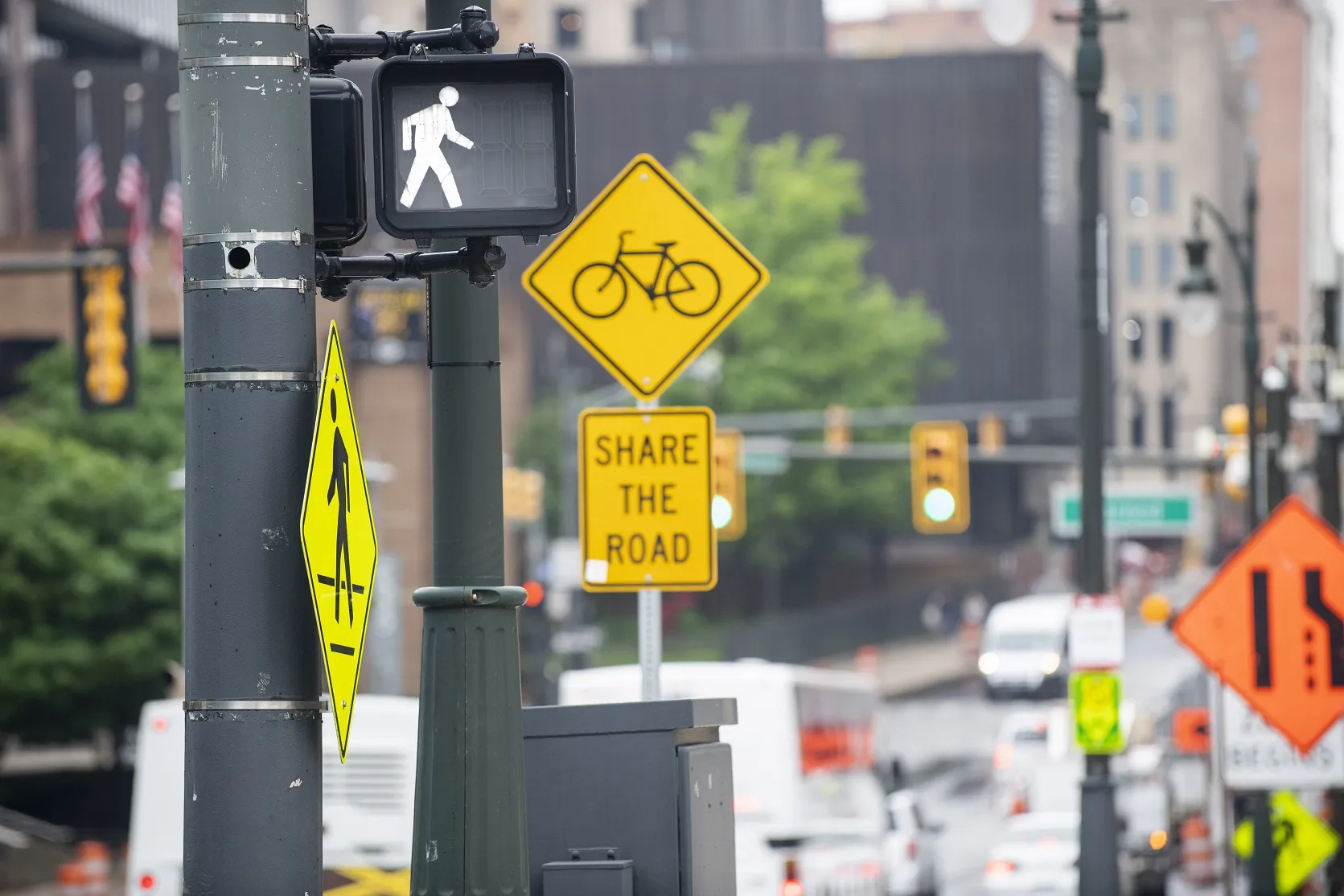
In a potentially significant move for road safety outcomes in the US, the country's National Safety Council (NSC) has moved to push the needs of people who are not in vehicles to the fore.
"American roadways are more dangerous today than they have been in decades – especially for those who are not inside a motor vehicle," NSC says in a statement.
It points out that, even before the surge in traffic deaths during the pandemic, US fatalities on the road rose 17% from 2010 to 2019 - with deaths of vulnerable road users (VRUs) such as cyclists and pedestrians rising almost three times faster.
"What we’re doing isn’t working," NSC continues. "As a leading organisation in the traffic safety community, NSC recognises that we need to continue to learn, expand our partnerships and act decisively on causes of the violence on our roadways."
It says that recognition of the "rapid ways vehicles and mobility technology are changing" is required, which has led it to focus on three main areas:
● Advocate for the need for infrastructure and policy to reduce points of conflict between modes
● Confront the safety implications of vehicle design
● Collaborate with the roadway safety community to reverse the traffic safety culture that accepts thousands of deaths each year
It is using a report, Mobility, Technology and Safety: The Next 20 Years, to inform its work around roadway safety and expects to release another report next month.
NSC has also set up a Mobility Safety Advisory Group (MSAG) of non-NSC people from the private sector, government, non-profit organisations and academia which will advise the NSC Roadway Safety Practice on tactics and strategies that can best fulfill its mission.
Members of the Inaugural MSAG Include:
● Jordan Davis, Executive Director, Smart Columbus
● Seth LaJeunesse, Senior Research Associate, University of North Carolina Highway Safety Research Center
● Michael Kelley, Policy Director, BIkeWalkKC
● Corinne Kisner, Executive Director, National Association of City Transportation Officials
● Philip Koopman, Associate Professor, Carnegie Mellon University Department of Electrical and Computer Engineering
● Peter Norton, Associate Professor, University of Virginia Department of Engineering and Society
● Kelcie Ralph, Associate Professor, Rutgers Edward J. Bloustein School of Planning and Public Policy
● Kristina Swallow, Director, Nevada Department of Transportation
● Brad Thomas, CEO, First Transit and NSC Board Member
● Shin-Pei Tsay, Director of Policy for Cities and Transportation, Uber
● David Zipper, Visiting Fellow at the Harvard Kennedy School Taubman Center for State and Local Government
● Anna Zivarts, Director of the Disability Mobility Initiative Program, Disability Rights Washington
● Veronica O. Davis, PE, Director of Transportation & Drainage Operations, Houston, Texas
One of the group members, Peter Norton, says: "At least on paper, NSC is now committed to protecting people outside of vehicles. And today it proved that it is willing to listen to harsh critics of the safety establishment (including NSC), is prepared to admit mistakes, and is ready to change long-established assumptions."
While Norton wanted "an even stronger position in favour of the right of the safe use of streets by pedestrians (including children), cyclists, and other people who are not in cars", he says he is "happy to give them a fair chance to act".
He is withholding judgment but concludes: "As a historian, I can say that this is the best development in traffic safety that I’ve seen from NSC since 1935."








